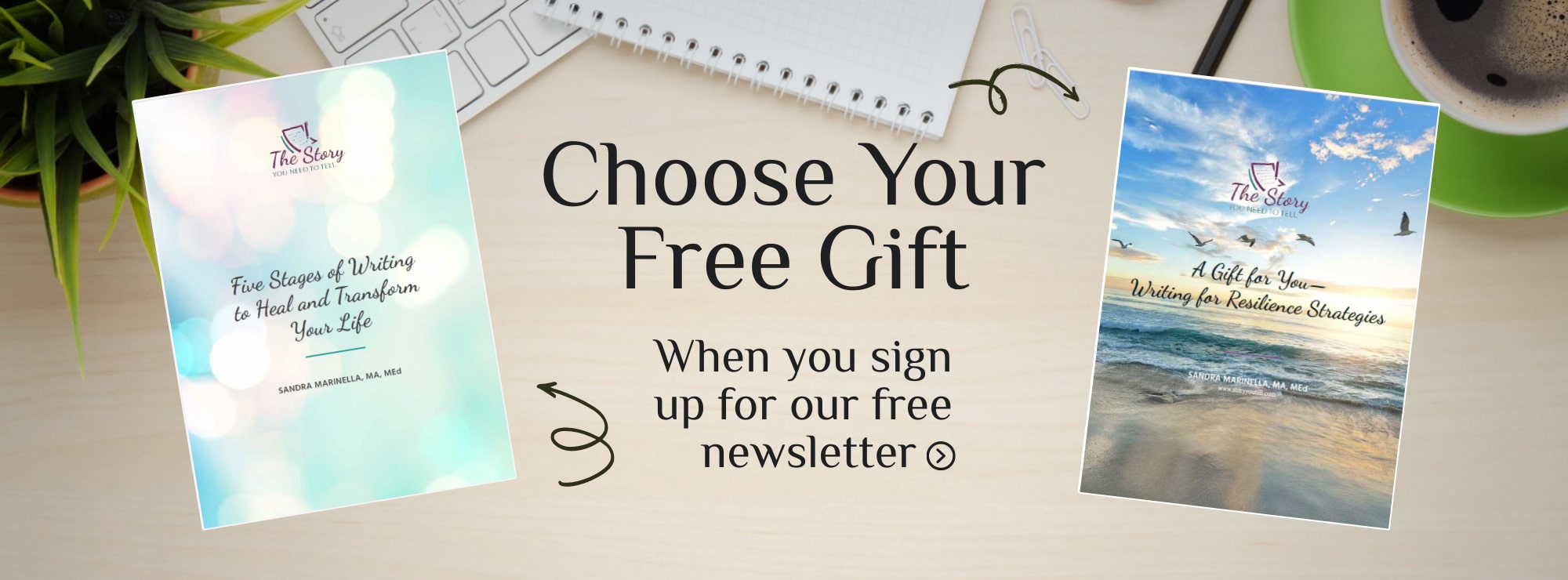Small, Wet Miracles
Last week at the beach five-year-old Harper gave me a purple clam shell. And then another. Within minutes she had collected a dozen shells from the shore. Each shell was more beautiful than the last one. We spread them out and studied them. In the sunshine they glistened with the purple hues of amethysts and the white shine of pearls. In the background we heard the surf and when it surged close in surprise, Harper shrieked with glee, and bounded back toward the waves with delight. I sat awe-struck and as I thumbed through the bounty of her shells, I also thumbed through my memories.
When I was the same age as Harper, I took my first family trip to the East Coast. When I returned home, I kept envisioning the “nine-foot waves” hovering over me. I did not yet know that waves ten times that size existed. For days I labored to tell my dearest, oldest, best friend Jan about the ocean. “The ocean has more water than all the bathtubs in the world,” I explained. Then I threw my five-year-old arms into the air. “It has arms made of water that stretch up nine feet high, and when they crash down, they can knock you over.” Jan’s eyes grew wider than the gum balls we chewed. She had not yet been to a beach, but she understood. The ocean is another world and filled with inexplicable mystery.
Perhaps because the Earth began as a hot molten rock that formed oceans as it cooled, or perhaps because life sprang from the oceans, or maybe because the early life that migrated from the water to the land was initially drawn back to the sea, I still feel called to the water. My dad loved the ocean, and perhaps the pull is genetic–and ages old. Existential questions have always surfaced when I sit by the sea.
By the time I was seven or eight the beach had become threaded into my family life as a ritual and a way to see our cousins who all lived a thousand miles from my Indiana home. Each summer we loaded up the station wagon with a beach ball, suitcases, and a cooler packed with sandwiches so my dad could drive like a maniac for fourteen hours across four states until we landed in Ocean City or Virginia Beach. There we met up with my dad’s entire family and rented neighboring bungalows. In the days that followed we created some of the best memories of my life–telling jokes, riding of rafts on the ocean waves, covering my brother in a body cast of sand, and collecting an array of shells, especially sand dollars. I still have a jar of these treasures.
Years later when I read Rachel Carson’s writings on the sea, I realized that I was not the only one to have been awestruck by the wonder of the ocean. Her work undulates with a soft cadence of miracle after miracle found beneath the surface of the water. Before her poetic words I did not understand that the deep and dark depths of the sea are not silent but much like symphony. I discovered the seaweed and microscopic algae use energy from the sunlight to build living tissue and that tiny animals such as clams eat this and are eventually eaten by larger fish—and so begins the food chain that gives us our life.
On one of those beach trips many years ago, I suspect I posed my first existential questions. After a grand day of splashing in the waves and collecting shells, gorging on hot dogs dripping with mustard, and playing Monopoly with my cousins, we sat on the beach looking up at the dark night sky with billions of stars. I remember that moment because I was sitting by my dad, eating a chocolate ice cream cone, and I asked him, “How did all of those stars get there?”
I remember my dad saying, “We don’t really know.”
“How did I get here—on Earth?”
“That’s an equally puzzling question,” my dad said and laughed.
I am not sure how old I was. But I recall the moment because it startled me. I had come to the beach thinking my dad knew almost everything, but it was here I realized that he didn’t. That perhaps no one did.
At the ocean I would spend hours studying sand crabs, sand pipers, seaweed, and all kinds of small wet miracles. I studied the undulating waves that seemed to come relentlessly onto the beach, whispering to me all the while. It was here I learned to listen to the water and the Earth. It was here that I learned to respect something much larger than I was. Something that connected it all. Transcended it all.
The ocean has taught me that the surf grounds rocks into sand and the shoreline is everchanging. Like the tide we slip into this miracle of life and like the tide we flow out. Like the waves we rise up, and we fall down. Suddenly, amid my beach reverie, a child in a mermaid swimsuit runs toward me waving her arms joyfully with a golden-striped cone shell. Life is as fluid as the seas and equally filled with small, wet miracles.

